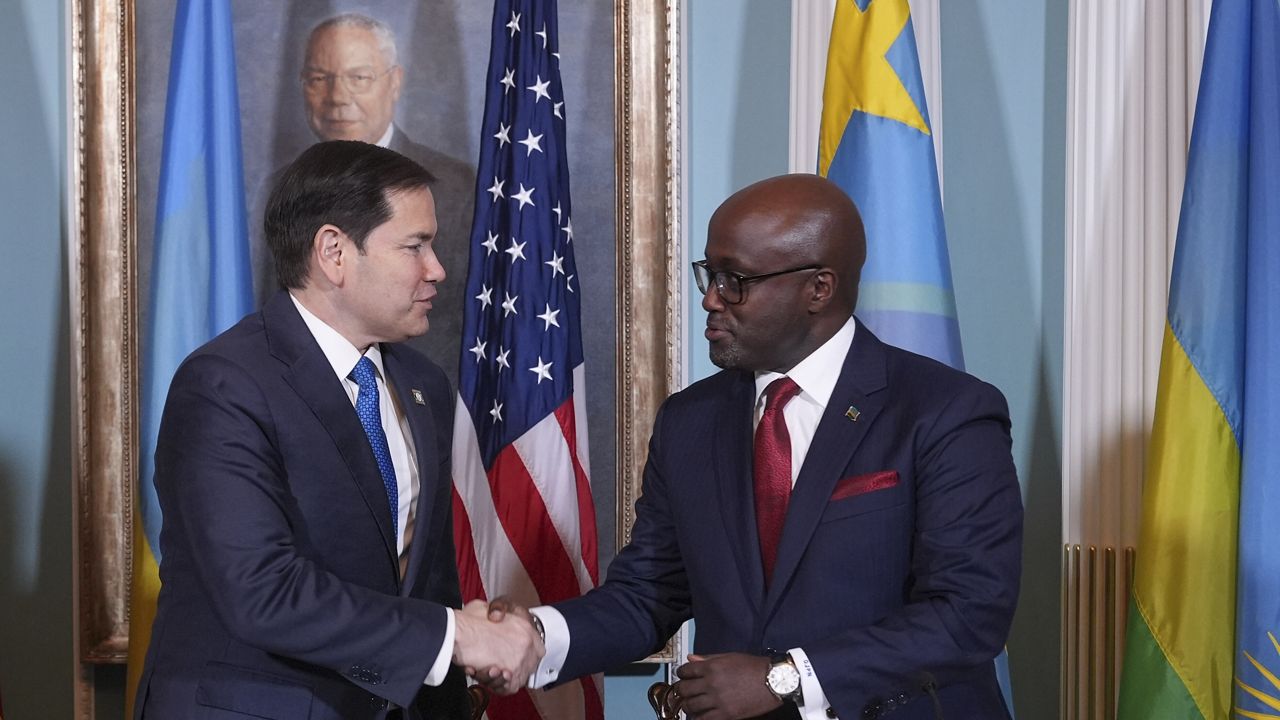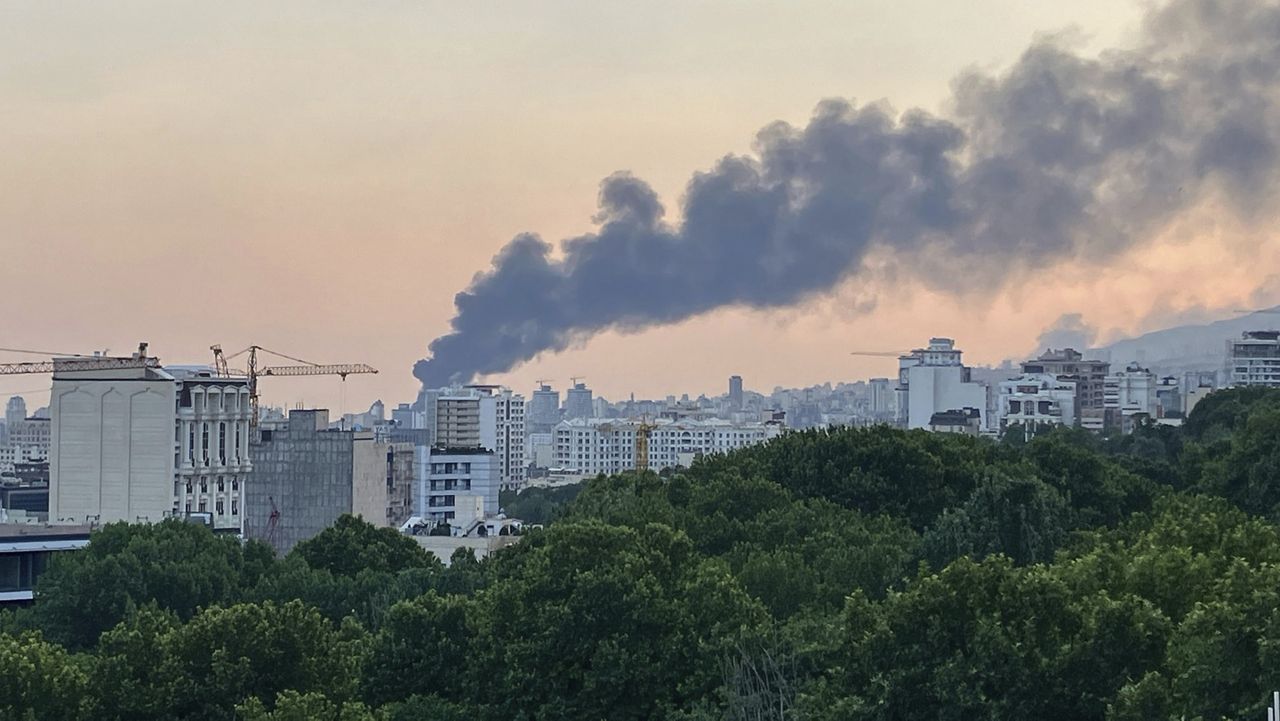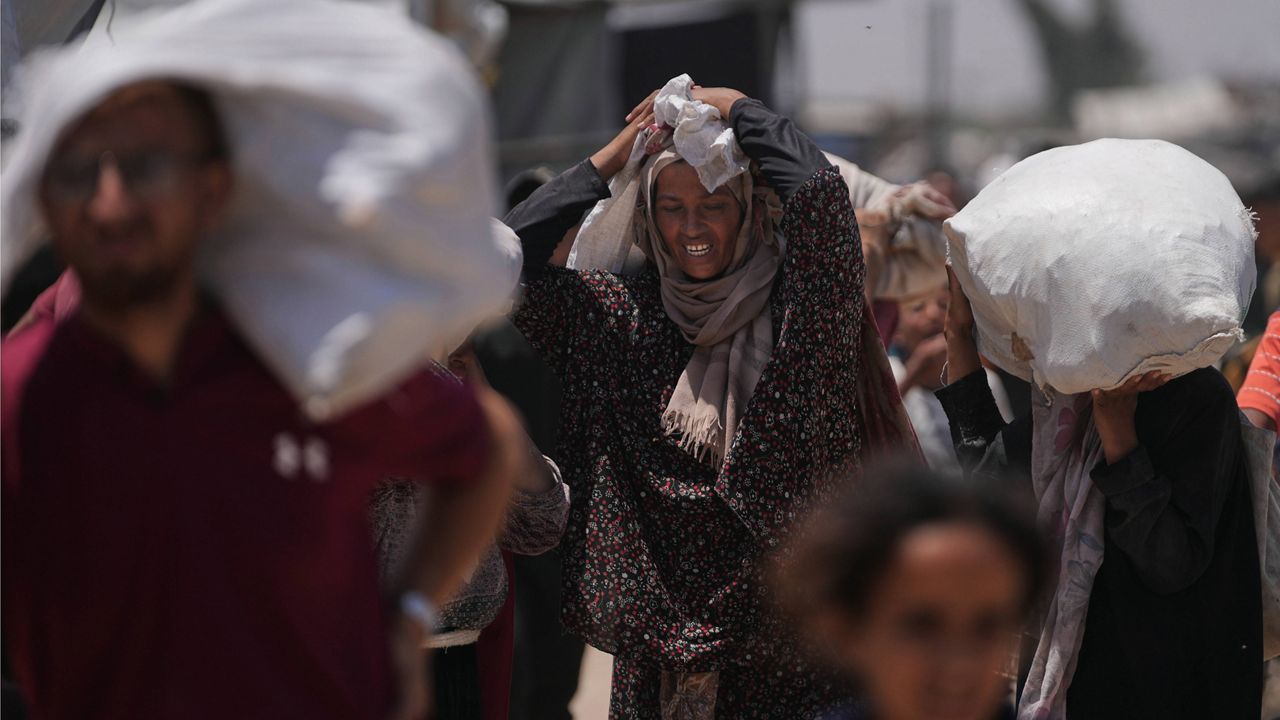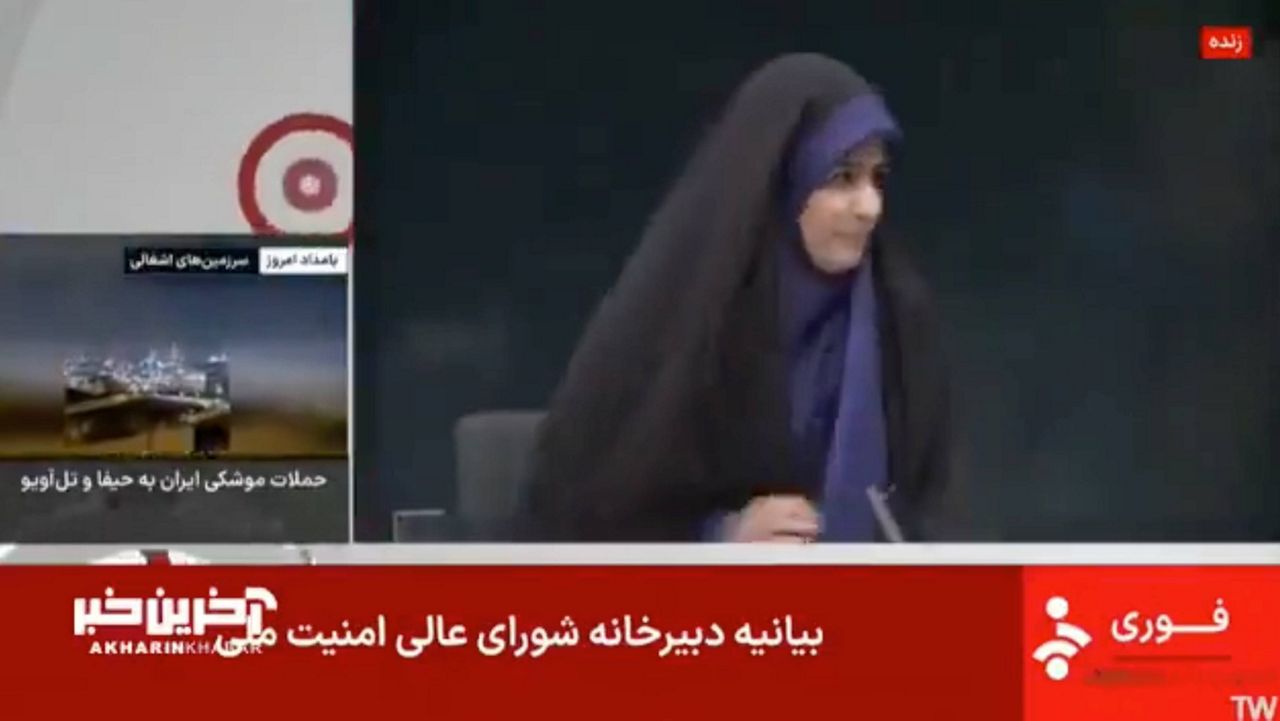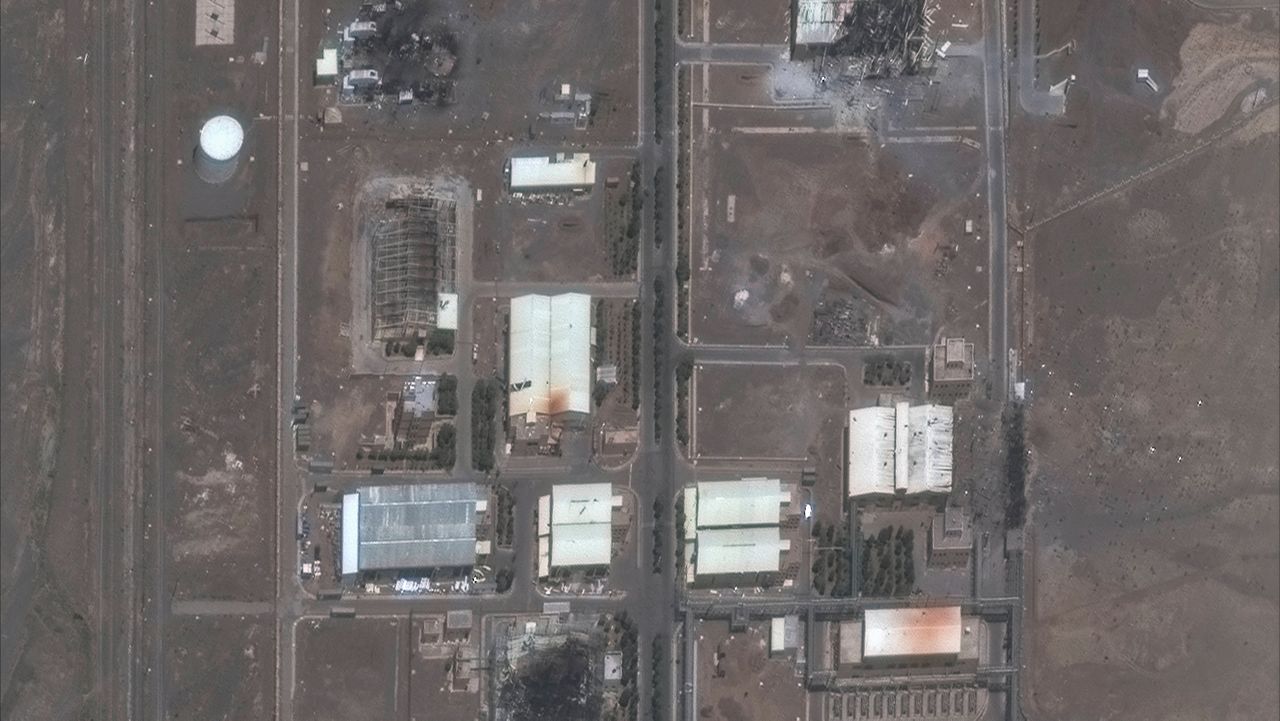KIGALI, Rwanda — Rwanda confirmed on Monday that discussions were “underway” with the United States regarding a potential agreement to host deported migrants.
The negotiations mark an expansion in U.S. efforts to deport people to countries other than their own. It has sent hundreds of Venezuelans and others to Costa Rica, El Salvador and Panama but has yet to announce any major deals with governments in Africa, Asia or Europe.
What You Need To Know
- Rwanda confirmed on Monday that discussions were “underway” with the United States regarding a potential agreement to host deported migrants
- The negotiations mark an expansion in U.S. efforts to deport people to countries other than their own
- No major deals with governments in Africa, Asia or Europe have been announced
- The State Department declined to comment on it. Rwanda says it's trying to help alleviate migration pressures
Rwanda’s Foreign Minister Olivier Nduhungirehe on Sunday told state media that the talks were in the “early stage.” When asked by The Associated Press on Monday, he confirmed the talks.
Nduhungirehe did not disclose the specifics of the potential deal for Rwanda, but previous local media reports suggest that the U.S would likely fund a program to have migrants integrated into the society through stipends and job assistance initiatives.
The U.S. State Department declined to comment on a potential deal with Rwanda, but said that engagement with foreign governments is an important part of the U.S. government’s policy to deter illegal migration.
Nduhungirehe told state media on Sunday that Rwanda and Congo had already submitted their respective draft proposals, which will form the basis of a final peace agreement document expected to be signed in the U.S next month.
The minister said the migrant deal between Rwanda and the U.S was consistent with Rwanda’s long-standing commitment to humanitarian cooperation and the pursuit of migration solutions.
This wouldn’t be Rwanda’s first time hosting deported migrants. The East African nation previously had an agreement with the U.K. to host migrants. Plans for the initiative, including prepared accommodations, were in the final stages but the deal collapsed after the Labour Party took office in 2024.
Rwanda has long stood out on the continent for its recovery from the genocide that killed over 800,000 ethnic Tutsis and moderate Hutus in 1994, as it has promoted itself under longtime President Paul Kagame as an oasis of stability. But human rights groups allege that the veneer of order has a painful price, with sometimes deadly crackdowns on perceived dissent.
Rwanda has argued that despite being one of Africa's most densely populated countries, it has space to help alleviate what many countries in Europe – and the United States – consider to be a growing problem with unwanted migrants.
Rwanda has faced allegations of human rights abuses and is currently in the process of brokering a peace deal with the neighboring Democratic Republic of Congo where Rwanda-backed M23 rebels have been behind attacks in the mineral rich eastern Congo region.
The failed Rwanda-Britain deal
The U.K. struck a deal with Rwanda in 2022 to send migrants who arrive in the U.K. as stowaways or in boats to the East African country, where their asylum claims would be processed and, if successful, they would stay.
The plan was stalled by legal challenges and criticized by human rights groups, who called it unethical to deport migrants to a country 4,000 miles away that they don’t want to live in.
The plan collapsed last year after the new Labour government took charge. The U.K.’s new home secretary called the plan the “most shocking waste of taxpayer money I have ever seen” and estimated the cost at 700 million pounds ($904 million) in public funds.
No flights to Rwanda took off under the plan, but the U.K. government said the failed plan’s costs included 290 million pounds in payments to Rwanda. Rwanda has said it was not obligated to refund the money.
Rwanda’s history with migrants
Rwanda in 2019 struck a deal with the U.N. refugee agency to help take in migrants removed from Libya, where many people trying to reach Europe have reported abuses in detention. The U.N. says the transit center in Rwanda has capacity for 700 evacuees. Late last year, it said over 2,400 people had been assisted in what is meant to be a temporary stay during efforts to find “long-term solutions” including resettlement elsewhere.
Before its deal with Britain collapsed, Rwanda showed off another transit center, a refurbished hostel in Kigali, that could host 100 people, with more accommodations made available as needed.
Rwanda said migrants would have their papers processed within three months. People could stay or authorities would assist those who wished to return to their home countries. Rwanda said it would bear full financial responsibilities for five years.
It is not clear whether such terms would be part of a deal with the United States




